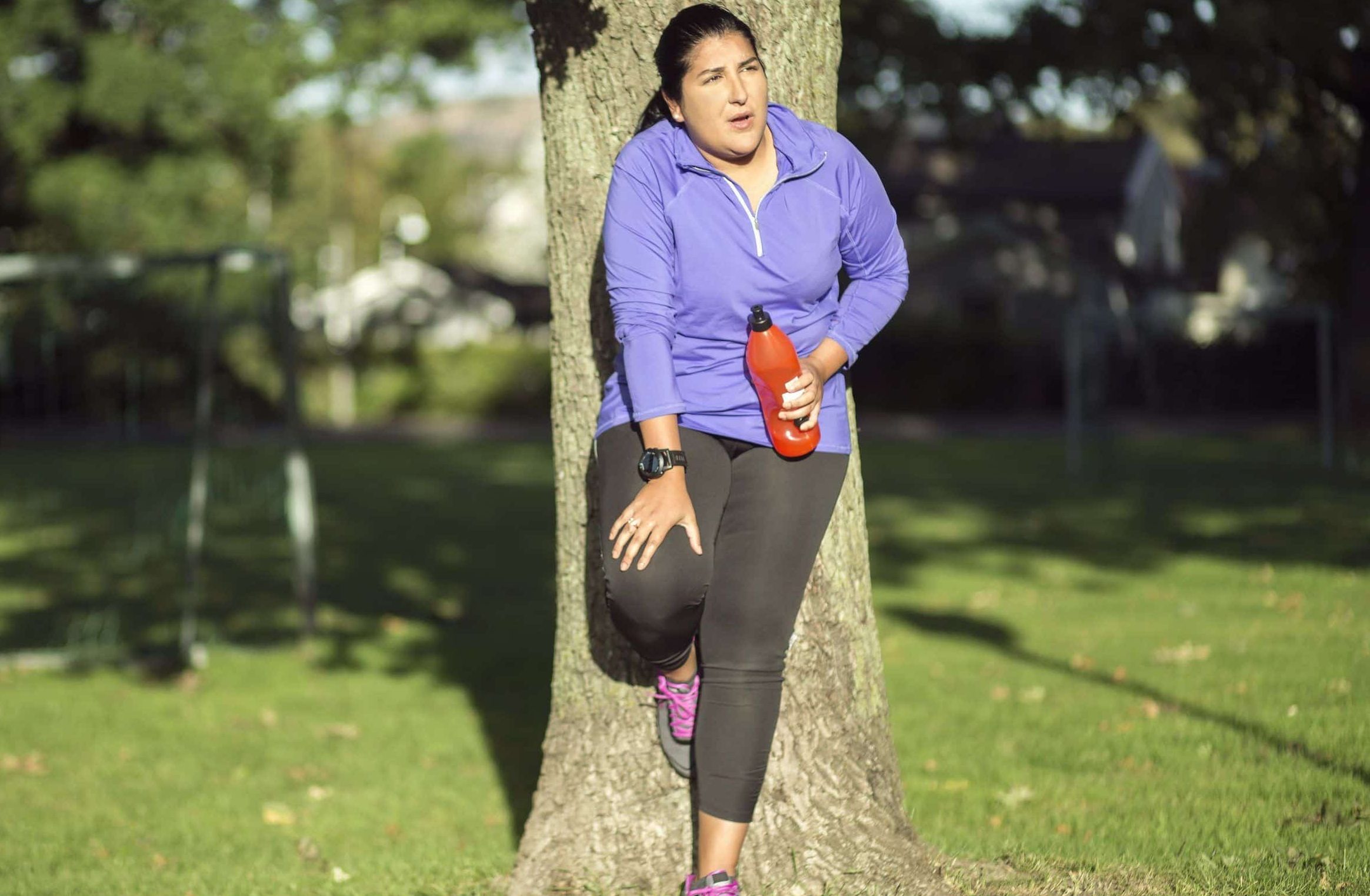How to lose weight with insulin resistance? Untreated insulin resistance is often the precursor of poor metabolism and weight gain.
You may wonder if it is possible to lose weight with insulin resistance. The answer is a whopping YES. Below are smart tips that you can follow if traditional weight loss methods fail.
Change your diet – Switching to a low-carb diet will reduce insulin resistance and help you lose weight. A low-carb diet includes plenty of fibrous fruits (not the sweet fruits course!), vegetables, healthy fats, and light proteins.
Regular exercise – Staying active improves insulin sensitivity. When you sweat, your body will burn a good amount of glucose for energy. This process activates insulin production, which in return balances the levels of sugar that the body takes. Physical activity improves weight management in general.
Try intermittent fasting – Besides changing your daily diet, the time to take them plays a vital role in losing weight with insulin resistance. Intermittent fasting improves not only insulin sensitivity but also lower blood sugar levels. Obesity is one of the major causes of type 2 diabetes. If you practice this form of fasting, you can control your weight and prevent type 2 diabetes more efficiently.
Make lifestyle changes – Besides changing your diet, practicing some lifestyle changes can positively impact your body. One good example is getting enough sleep. Research suggests that lack of sleep is also a precursor of insulin resistance. Lack of enough sleep can make weight loss more challenging.
What foods help insulin resistance?
As mentioned, changing one’s diet plays a vital role in reversing insulin resistance. Below is the list of varieties of food that people with diabetes can add or include on their daily meal plan.
Oatmeal contains a considerable amount of fiber. It regulates blood sugar levels, preventing a spike that causes diabetes. It also keeps you away from insulin resistance.
Have you wondered; how does fiber contribute to so many health benefits? The dietary insoluble compound in fiber stabilizes blood sugar levels in the bloodstream and prevents insulin resistance. Our body cannot absorb or break down fiber easily, and therefore keeps our appetite full for a longer time.
Eggs are a rich source of protein. Besides slowing down digestion rate, it also reduces insulin resistance. Besides protein, eggs also contain several vitamins and minerals that benefit our health. One serving of boiled egg positively impacts your blood sugar balance.
Chia seeds are rich in magnesium, calcium, and selenium. An ounce of chia seeds serving contains 28% of the recommended daily fiber intake. Adding chia seeds to your daily meal plan boosts insulin sensitivity and prevents diabetes attacks.
Berries are high in fiber, vitamins, and antioxidants. Research suggests that eating berries at any time of the day help improve insulin sensitivity in people with diabetes. Some of the best varieties of berries to choose from are strawberries, cranberries, blueberries, and raspberries.
Avocado is rich in healthy fats, omega-3 fatty acids, fiber, vitamins, and minerals. These nutrients are beneficial in treating insulin resistance, a type of metabolic syndrome that causes diabetes and other health complications. Consuming avocados on a daily basis help boost insulin sensitivity, especially in people with diabetes.
Other food sources that can help improve insulin resistance include:
- Plain Greek yogurt
- Fatty fish (salmon, tuna, sardines, trout, mackerel, and herring)
- Quinoa
- Olive oil
- Leafy green vegetables
- Bean and lentils
- Lean meat
- Cinnamon
Doctor’s Recommendation
If your doctor wants to help lower your insulin levels, they likely have a plan to guide you. Eating a diet low in refined carbs and sugars, while increasing fiber-rich and nutrient-dense foods, can help. Regular exercise and using natural supplements like green tea and cinnamon can also be helpful. Insulin resistance doesn’t always lead to diabetes, but untreated insulin resistance can increase the risk over time. Maintaining a healthy weight is key to reducing the risk of type 2 diabetes. If you have insulin resistance, prediabetes, or diabetes, talk to your doctor about a weight-loss plan. Healthy eating habits are important for managing weight and preventing insulin resistance.



